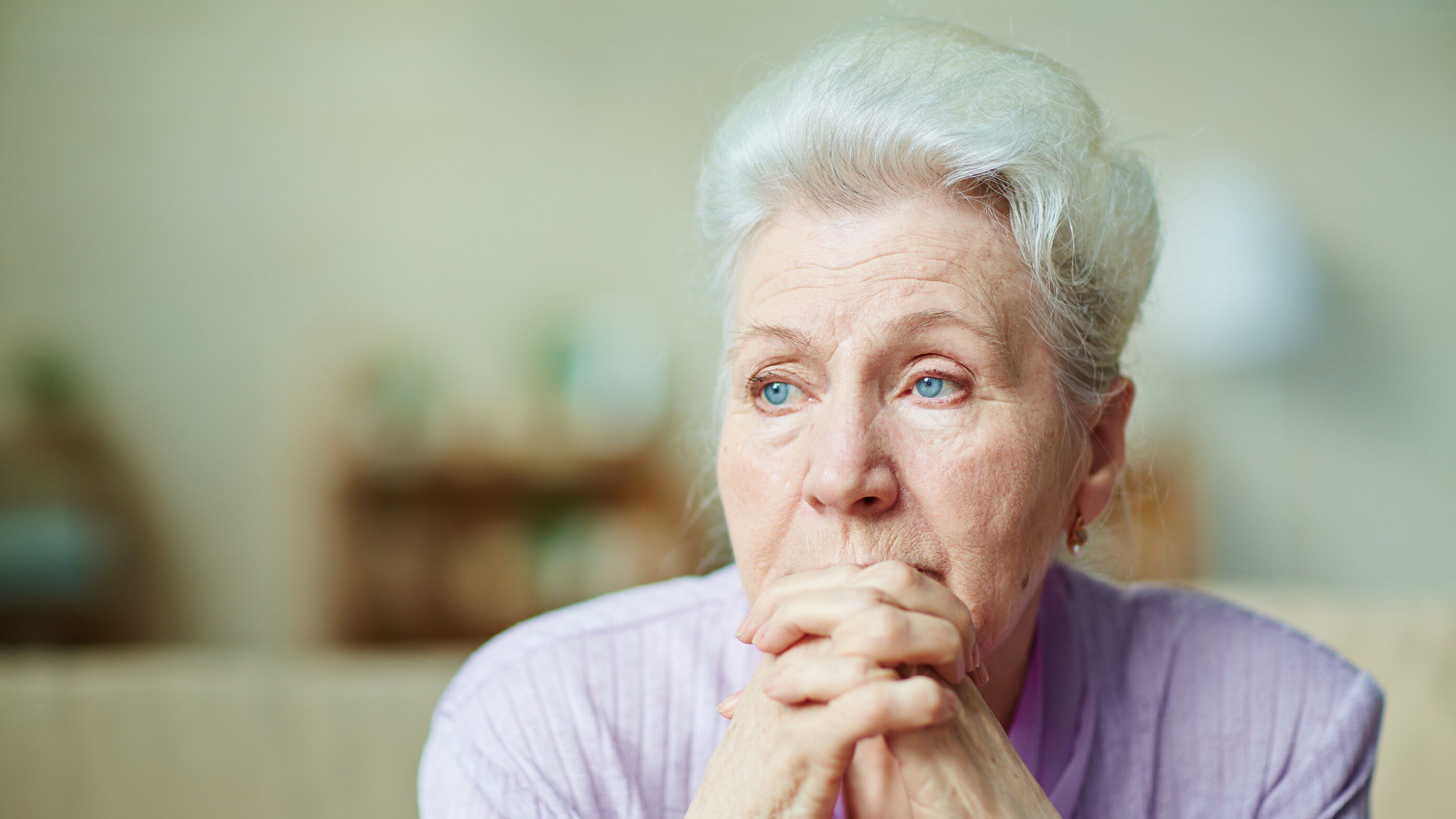Anhedonia is a condition in which a person loses the ability to feel pleasure from activities that once gave them pleasure. For seniors, this can be a serious problem that affects their overall quality of life. It often goes hand in hand with depression, but it can also occur on its own. Understanding anhedonia and finding ways to help seniors cope with it is key for caregivers.
Recognition of anhedonia in the elderly
Recognizing anhedonia in seniors is not always easy. Common symptoms include disinterest in hobbies, reluctance to interact with family or friends, and disinterest in food or activities they used to enjoy. If the senior you are caring for begins to move away from the things that once made him or her happy, it may be time to take action.
Impact on everyday life
Anhedonia doesn’t just affect emotional health. It can lead to physical problems such as reduced mobility due to inactivity or weight loss due to lack of appetite. This can create a cycle that is difficult to break without outside help. Seniors suffering from anhedonia may also experience a lack of motivation to participate in rehabilitation programs or social events, making it even more difficult to recover from injuries or illnesses.
How carers can help
- Promote social interaction
Loneliness is a big factor in anhedonia. Caregivers should find ways to help seniors stay connected with others. This may include arranging visits from family members, encouraging participation in group activities, or simply having regular meaningful conversations.
- Encourage physical activity
Exercise is known to improve mood and increase energy levels. Gentle activities such as walking, stretching or chair exercises can be effective. Caregivers can motivate seniors to be active by participating with them, making the activity more enjoyable and engaging.
- Introduction of new hobbies
Although it may seem counterintuitive, trying new hobbies or activities can sometimes reignite a senior’s interest. A caregiver can suggest simple activities such as drawing, knitting, or even learning basic technical skills to occupy their mind and hands.
- Focus on proper nutrition
Anhedonia can cause seniors to lose interest in food, leading to a lack of proper nutrition. Caregivers should provide a balanced diet and offer meals that seniors enjoy. Trying new recipes or involving seniors in meal preparation can also make a difference.
- Finding professional help
If anhedonia persists in a senior, it is essential to contact a health professional. Therapies such as cognitive behavioural therapy (CBT) or medication may be needed to aid recovery. Carers play a key role in monitoring changes and working with doctors to find the best course of action.
Athena is here to help
At Atena, we know how important the right support is in challenging times. Whether you’re a senior struggling with anhedonia or a caregiver looking for guidance, our experienced professionals are here to help. We connect families with trained caregivers who understand complex mental health issues and are ready to provide the care and encouragement they need. Contact us to find the support that fits your needs.







